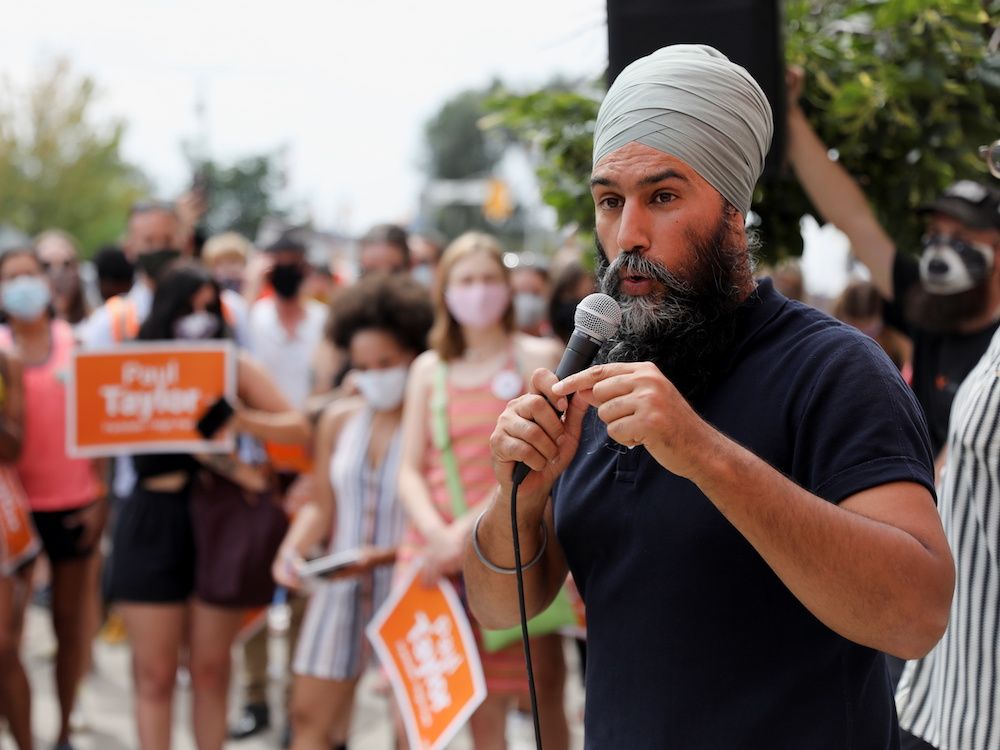But if you look carefully, you'll see that it is because in that age group (18-49), they are a lot more "progressive" and have a marked tendency towards the NDP. Those are votes taken away from the Libs, splitting the left vote about 50/50, which explains the then leading appearance of the CPC.
What I do find interesting, however, is that the CPC vote percentage appears to be the same in all age categories. That would tend to dispel the notion that people get more conservatives as they age, unless you look at the LIB/NDP dynamics, which seems to be that as people age, they become less and less "progressive" (i.e. support the NDP) and more and more "centrist" (i.e. they support the Libs).
This also explains the Lib style: Campaign on the left, govern from the centre. The older crowd knows the Libs will govern from the centre, while any NDP vote the lib attracts from the younger crowd - who will be deceived at a later time - is a gain in "un-splitting" the "left". This also does not bode well for the CPC, which doesn't have a similar secondary well of voters to bring in. The only exception could be times (such as now) when the governing Libs go too far left in their decisions for their older voters and are punished by a certain percentage of them who decide to vote in the CPC in order to "refresh" the Lib leadership.





